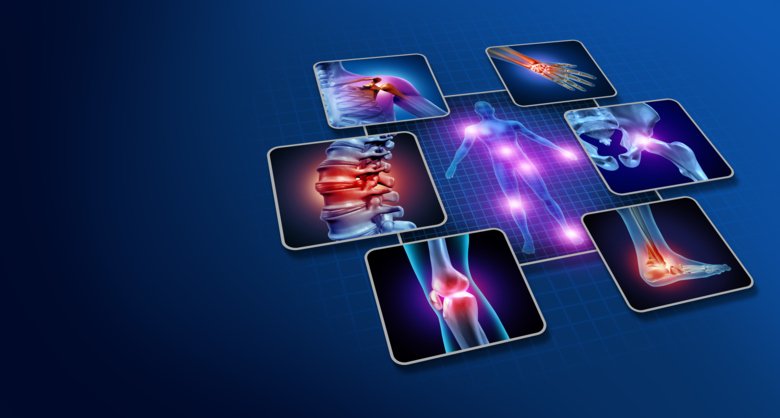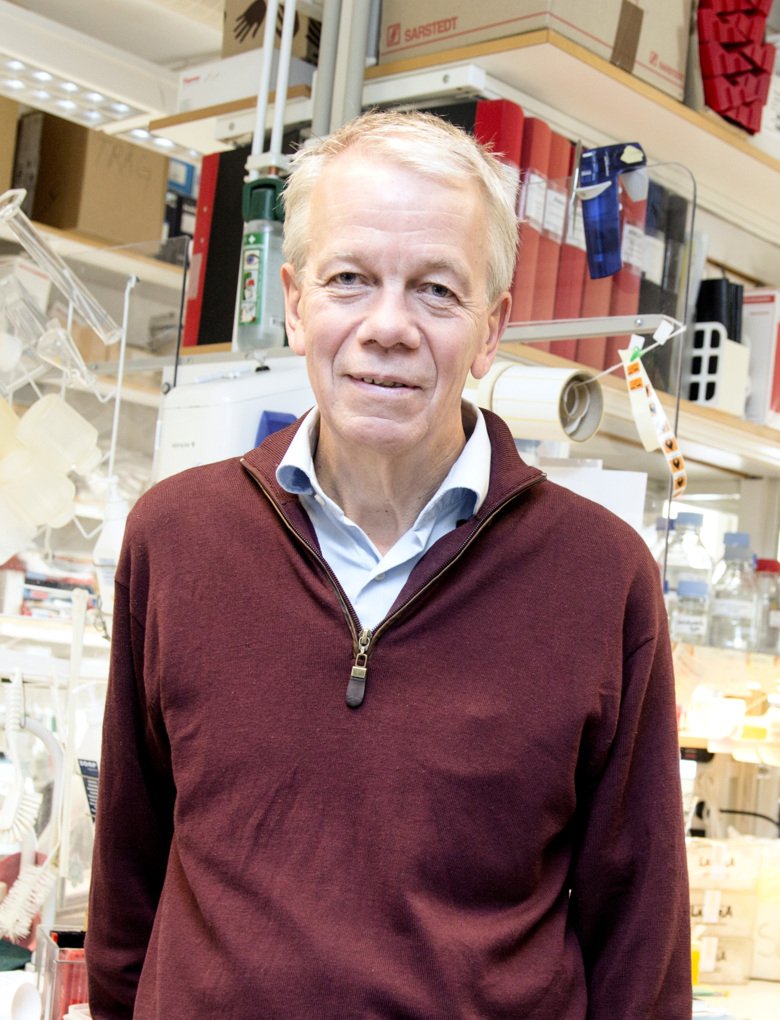Precision prevention receives SEK 23 million in research grants

EIT Health Scandinavia International has awarded SEK 23 million in research grants to support international collaboration in precision prevention in rheumatology, with almost half of the grant distributed to Karolinska Institutet and Region Stockholm. The scope of the project includes creating the conditions for the early diagnosis of risk factors for developing RA (rheumatoid arthritis) and enabling patients at risk of developing RA to manage the risk through lifestyle changes.

Today, it can be difficult to identify individuals who are at high risk of developing RA, as these individuals often seek out care for diffuse symptoms (e.g.muscle pain or joint pain) that are also common in individuals who are not at risk of developing RA. Researchers at KI have now been awarded a grant from EIT Health Scandinavia. The research project is being led by Lars Klareskog, professor at the Department of Medicine, Solna and Martina Johannesson, project coordinator, in collaboration with the rheumatologist at Karolinska University Hospital and the Center for Rheumatology at the Academic Specialist Center, SLSO. The study includes an international partnership with the University of Erlangen-Nuremberg, Germany and Leiden University in the Netherlands, institutions known for their work with the prevention of RA.
“What makes this project unique is that the patients themselves are a driving force in the effort to prevent RA, which we can follow up on thanks to the international collaboration”, says Lars Klareskog, professor at KI. “For starters, the group in Erlangen has recently shown that a six-month course of treatment with a particular antirheumatic drug (DMARD) reduced the risk of developing RA by about 75%. Our project will now provide an opportunity to conduct additional clinical trials for the prevention of RA in a collaboration between KI, Region Stockholm and our international partners”, says Klareskog.
About the research project
The research project aims, in part, to make it easier to identify at-risk patients. This includes a digital questionnaire where individuals with joint and muscle problems respond to a series of questions. The answers are then analysed using an algorithm that identifies patients who are at risk of developing RA. Individuals who are found to be "positive", i.e. at-risk, using this algorithm are offered a blood test and an antibody analysis (developed by one of the project partners, ThermoFisher) to determine if their individual risk of developing RA is actually elevated. High risk patients are referred to rheumatology units for further follow-up.
In the next step, at-risk patients will use an app (which will be developed by the project partner, Elsa Science) to report several lifestyle factors that are associated with the risk of developing RA. This step also aims to provide an opportunity to reduce the risk of developing the disease by enabling patients to take preventative measures on their own. Another benefit of the study is that when patients are not in pain, the number of days a patient takes sick leave will also decrease. This is, of course, a tremendous benefit for the individual, but it benefits society as well.
The project builds on a previous Vinnova-funded project that was based in Stockholm on the prevention and early treatment of RA.
Several partners are included in the research project.
- Karolinska Institutet
- Elsa Science
- Region Stockholm
- ThermoFisher Scientific (Uppsala)
- Friedrich Alexander, the University of Erlangen-Nuremberg, Germany
- Leiden University Medical Center (the Netherlands) with consultation and participation from the Swedish Rheumatism Association and the Dutch Arthritis Foundation.
In total, the grant amounts to SEK 23 million, of which approximately SEK 10 million will go to Stockholm.
Period: May 2022 – December 2024
